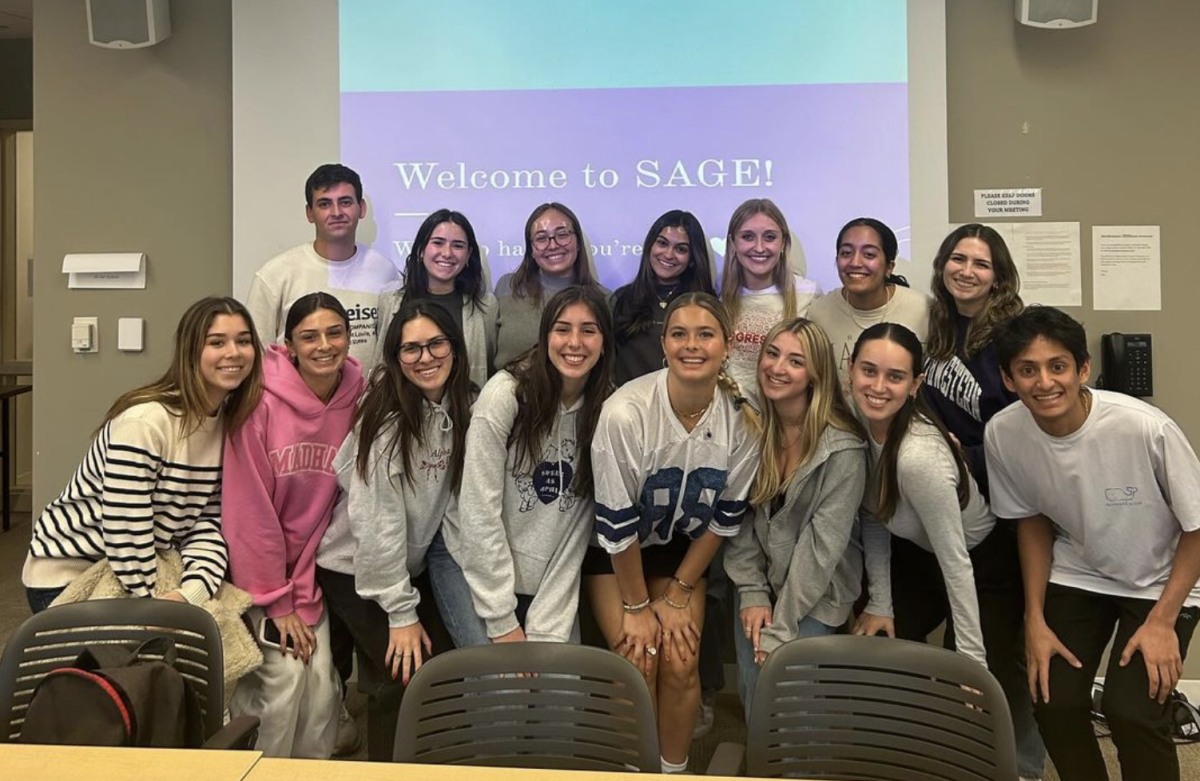A Northwestern researcher is pushing back against the House of Representatives’ vote to cut $40 billion from food stamps — and she says she has the data to prove her point.
The House voted Sept. 19 to cut funding by $40 billion over 10 years from the Supplemental Nutrition Assistance Program, commonly known as the food stamps program. While 217 Republicans voted for the bill, 195 Democrats and 15 Republicans voted against it. The bill now awaits action in the Senate, and President Barack Obama has pledged to veto it even if it does pass.
SESP Prof. Diane Schanzenbach, a researcher at NU’s Institute for Policy Research, says Republicans’ cries that the welfare program is being abused miss the positive economic impact SNAP has on low-income families.
“What we are finding is that the positive aspects of the program, such as lifting families out of poverty and better adult health for those who were in the program as children, are being ignored in the funding debates,” Schanzenbach said in a news release. “Our research indicates that SNAP should be seen as an investment in human welfare — not a vicious welfare trap.”
Schanzenbach co-authored a study with University of California, Berkeley Prof. Hilary Hoynes, finding that the introduction of the food stamps program from 1963 to 1975 led to increases in food spending by participating families. In a related study, she found that initiating the program at the county level led to improved infant health, including reducing low-weight births by 7 percent for whites and between 5 and 11 percent for blacks.
She said the impact of her research should not be lost on policymakers.
“In these difficult times of budget cuts and fiscal wrangling, it’s crucial for policymakers to have information that allows them to gauge the program’s short- and long-term benefits — particularly for children — measured across a wide variety of outcomes,” Schanzenbach said in the release.
— Joseph Diebold







